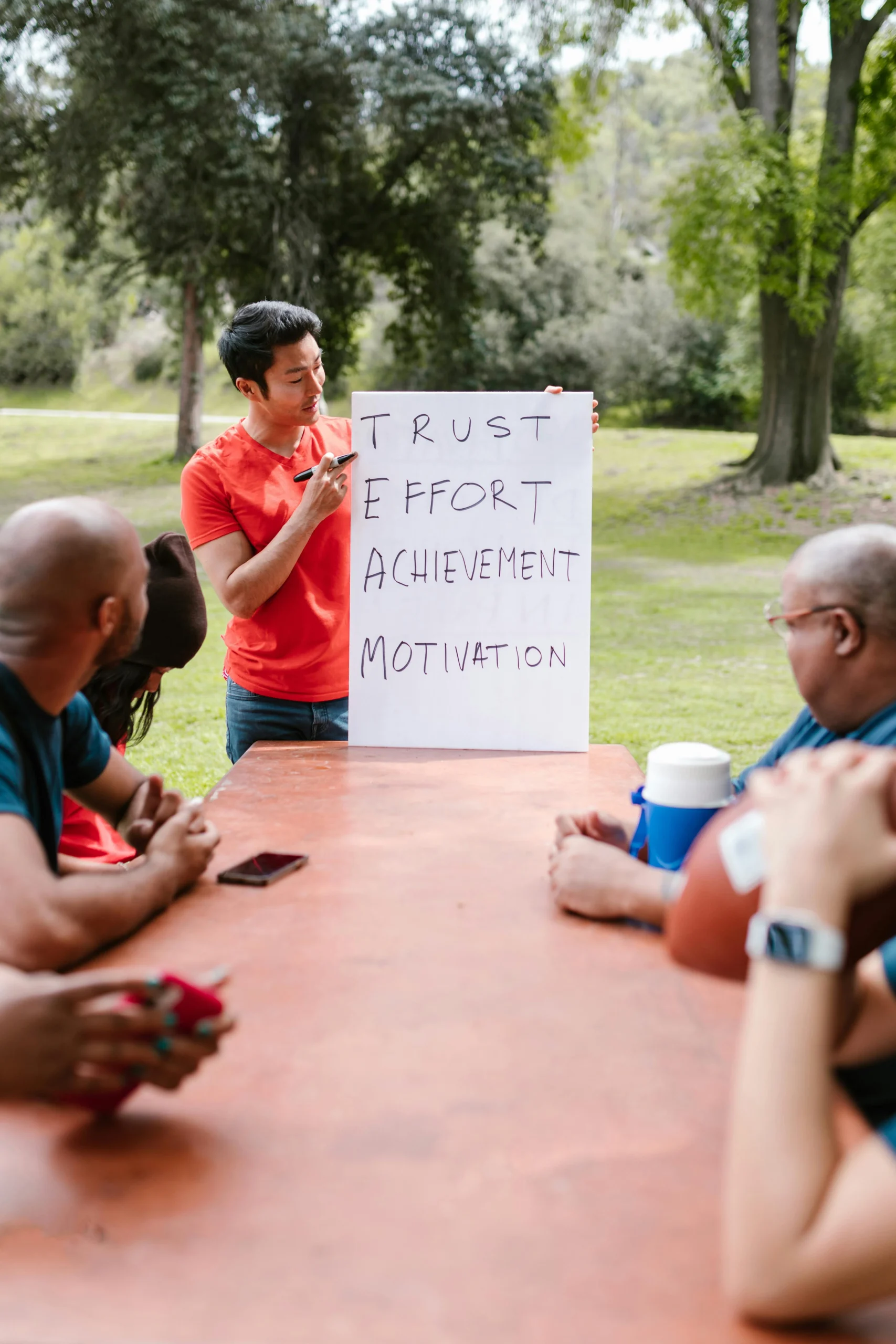Choosing an executive coach is one of the most important decisions you can make as a leader. By placing this decision at the center of your professional development, you set yourself up for growth, stronger leadership presence, and measurable results. Because the market is full of options, knowing what to look for makes the process much easier and far more effective.
Why Choosing an Executive Coach Matters
Today’s workplace is fast-paced and constantly changing. Leaders must manage diverse teams, adapt to new technologies, and navigate organizational challenges. Therefore, choosing an executive coach who understands these dynamics directly impacts your ability to succeed. With the right partner, you can improve resilience, decision-making, and confidence.
Key Steps for Choosing an Executive Coach
1. Define Your Goals
Clarity comes first. Are you hoping to strengthen communication, sharpen strategy, or prepare for promotion? When you identify your goals early, choosing an executive coach becomes more targeted and effective.
2. Evaluate Relevant Experience
A coach who has worked with leaders in your industry brings valuable insights. Since context matters, relevant experience ensures the guidance you receive is both practical and actionable.
3. Review Coaching Style
Not all coaches work the same way. Some rely on structured frameworks, while others focus on mindset and reflection. Choosing an executive coach whose style aligns with your learning preferences increases your chances of success.
4. Verify Credentials and Training
Although not the only marker of quality, certifications and training reflect professionalism and high standards. A certified coach shows commitment to ethical and effective practice. For example, certified coaches such as Joshua Miller’s executive coaching services demonstrate professionalism and proven methods that help leaders achieve results.
Building Trust in the Coaching Relationship
Because coaching is built on trust, chemistry is essential. During your initial meetings, pay attention to whether you feel safe sharing challenges and receiving feedback. Choosing an executive coach you trust fosters openness and accountability.
Testimonials, ROI, and Long-Term Value
Before finalizing your decision, ask for testimonials, case studies, or references. These provide evidence of results and help you gauge impact. Furthermore, consider value over cost. While coaching requires investment, the right coach delivers ROI that extends far beyond financial commitment by shaping your long-term leadership growth.
Final Thoughts
In the end, choosing an executive coach is not just about solving today’s challenges—it is about building the foundation for future success. By defining goals, reviewing experience, and prioritizing trust, you will secure a partnership that drives real results. Choose wisely, because the right coach can transform your leadership journey. If you’re ready to take the next step, explore trusted executive coaching services like those offered at Josh H Miller to find the right coach for your journey.





